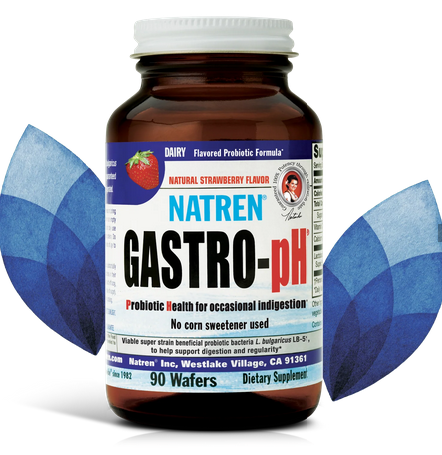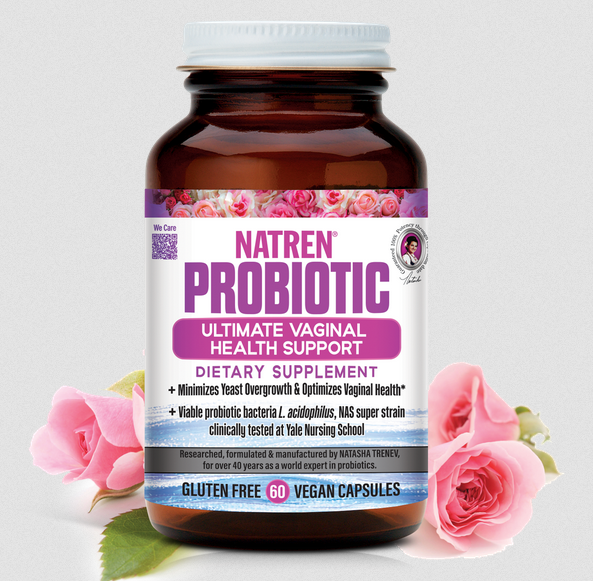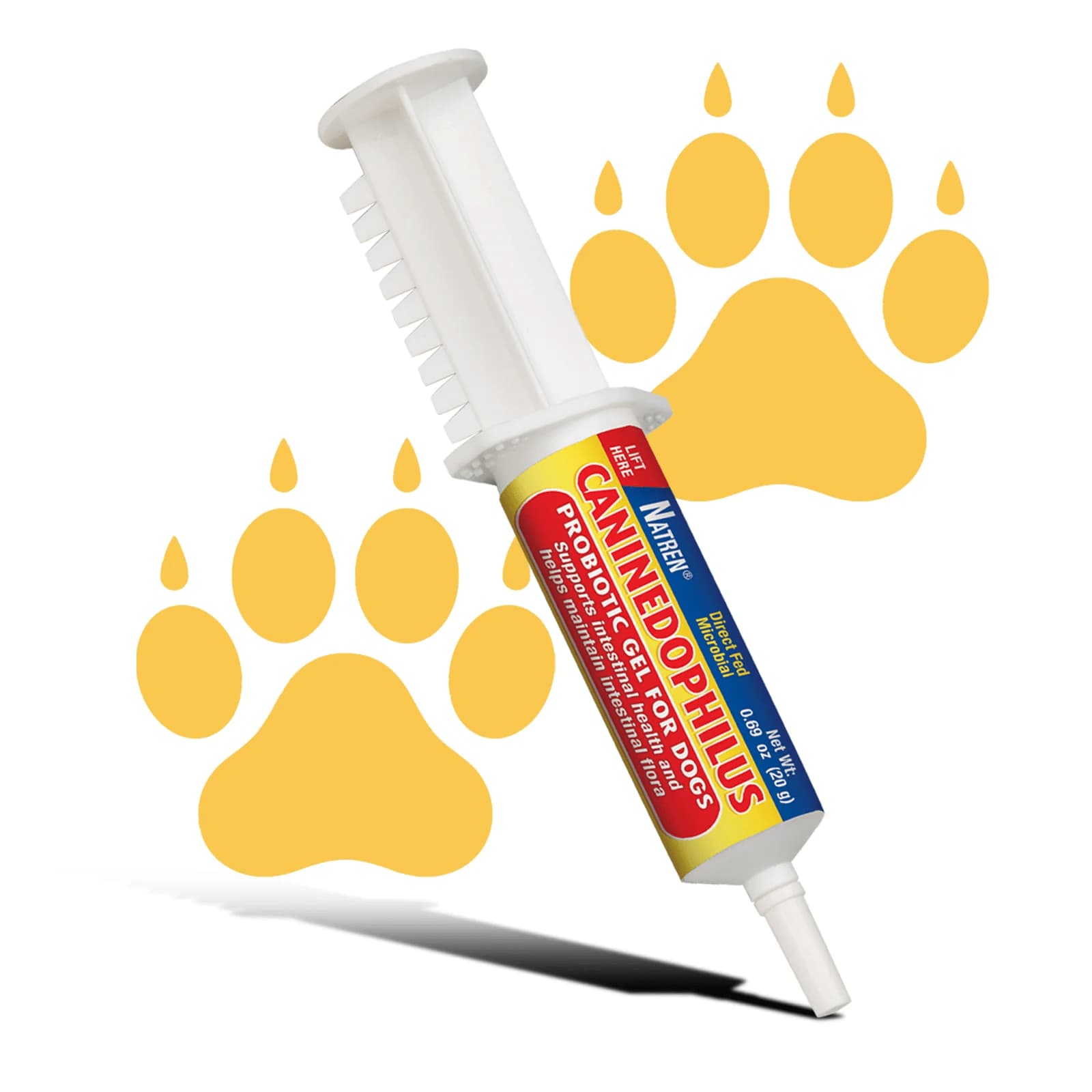Making Yogurt at Home with a Probiotic Starter

Strong 8k brings an ultra-HD IPTV experience to your living room and your pocket.
Homemade yogurt is not only delicious but also a rewarding project that puts you in control of what you consume. With just a few simple ingredients and a bit of patience, you can enjoy fresh, creamy yogurt with active cultures and no unnecessary additives. One of the essential elements in this process is the probiotic yogurt starter, which plays a critical role in fermentation and health benefits.
Why Make Yogurt at Home?
Many people turn to homemade yogurt for its purity and nutritional value. Store-bought varieties often contain added sugars, preservatives, or artificial flavors. When you make your own, you have complete control over the ingredients, texture, and taste. It's also a more sustainable and cost-effective option over time.Homemade yogurt supports digestive health by offering beneficial live bacteria, or probiotics, especially when made with a quality probiotic yogurt starter. These microorganisms help balance gut flora, enhance immunity, and can even improve nutrient absorption.
What is a Probiotic Yogurt Starter?
A probiotic yogurt starter is a carefully selected blend of live bacterial cultures used to ferment milk into yogurt. The most common strains include Lactobacillus bulgaricus and Streptococcus thermophilus, but many starters also include additional strains like Lactobacillus acidophilus, Bifidobacterium lactis, or Lactobacillus casei for added digestive benefits.
These cultures convert lactose (milk sugar) into lactic acid, which thickens the milk and gives yogurt its tangy flavor. More importantly, they populate your yogurt with gut-friendly bacteria that can support overall well-being when consumed regularly.
Ingredients and Tools You'll Need
Before getting started, make sure you have the following:
Ingredients:
1. 1–2 tablespoons of probiotic yogurt starter (either in powder form or from a previous yogurt batch)
2. 1 quart (4 cups) of milk (whole milk is preferred for creamier results, but any type will work)
Optional: powdered milk for thicker texture
Tools:
1. Saucepan
2. Thermometer
3. Whisk or spoon
4. Glass or ceramic container for fermentation
5. Insulated cooler, yogurt maker, or oven with a light (to maintain warmth)
Step-by-Step Guide to Making Yogurt at Home
1. Heat the Milk
Pour the milk into a saucepan and slowly heat it to around 180°F (82°C), stirring occasionally to prevent scorching. This step denatures the proteins in milk, helping your yogurt thicken properly.
2. Cool the Milk
Once the milk reaches 180°F, remove it from heat and let it cool down to about 110°F (43°C). This is the ideal temperature for adding your probiotic yogurt starter, ensuring the cultures survive and flourish.
3. Add the Starter
In a small bowl, mix a few tablespoons of the cooled milk with your probiotic yogurt starter to make a smooth paste. Then gently whisk this mixture back into the rest of the milk, making sure it's well incorporated but not overmixed.
4. Incubate the Yogurt
Pour the milk and starter mixture into your fermentation container. Keep the mixture warm at 100–110°F (37–43°C) for 6 to 12 hours. The longer it ferments, the tangier and thicker it will become. Use a yogurt maker, insulated cooler, or simply your oven with the light on to maintain a consistent temperature.
5. Refrigerate and Store
Once your yogurt has thickened to your preference, transfer it to the refrigerator for at least 2 hours before eating. This helps it firm up and enhances the flavor. Homemade yogurt typically lasts up to 10 days when stored in a sealed container in the fridge.
Tips for Success
1. Sterilize equipment: Clean tools and containers thoroughly before use to prevent contamination from unwanted bacteria.
2. Avoid metal containers: Use glass or ceramic to avoid reacting with the acidic yogurt.
3. Save a portion for next time: You can reserve a few tablespoons of your homemade yogurt to use as a starter for your next batch.
4. Flavor naturally: Add honey, fruit, or vanilla after fermentation for a personalized touch without compromising the cultures.
Benefits of Using a Probiotic Yogurt Starter
The quality of your starter culture makes a big difference in the final product. A good probiotic yogurt starter ensures the presence of live and active cultures that deliver real probiotic benefits. Here are some specific advantages:
1. Gut Health Support
Probiotic bacteria help restore the balance of microflora in the digestive system. Regular consumption of yogurt made with a robust starter may help reduce bloating, ease constipation, and support nutrient absorption.
2. Boosted Immunity
A healthy gut is closely linked to a strong immune system. Probiotic-rich yogurt can help your body fight off harmful pathogens more efficiently and reduce inflammation.
3. Lactose Digestion
People who are lactose-intolerant often find yogurt easier to digest. The bacteria in a probiotic yogurt starter break down much of the lactose, making yogurt a gentler dairy option.
4. Versatile and Customizable
Whether you prefer Greek-style thickness, a smoother texture, or a more tangy flavor, making your own yogurt allows for endless customization. A good starter provides consistency, so you can tweak other variables to your liking.
Choosing the Right Probiotic Yogurt Starter
When selecting a probiotic yogurt starter, look for one that lists multiple strains of live, active cultures. Freeze-dried starters typically have a long shelf life and are easy to store. Read ingredient labels to avoid unnecessary fillers or artificial additives.
Some factors to consider:
1.Number and type of probiotic strains
2. Organic or natural certification (if desired)
3. Reusability for multiple batches
4. Specific health goals (e.g., digestive support, immune boost)
Common Troubleshooting Tips
If you encounter issues during your yogurt-making journey, here are a few common problems and solutions:
1. Yogurt is too runny: This may be due to under-fermentation, low incubation temperature, or a weak starter. Try fermenting a bit longer or using a more potent probiotic yogurt starter.
2. Yogurt has a grainy texture: This can happen if milk is overheated or if cultures were added at too high a temperature. Always let milk cool to 110°F before adding the starter.
3. Sour taste is too strong: Fermentation time may be too long. Reduce incubation by a couple of hours to mellow the flavor.
Final Thoughts
Making yogurt at home with a probiotic yogurt starter is a simple and satisfying process that brings nutrition and flavor together. Whether you're interested in digestive support, saving money, or just enjoying a wholesome food you made yourself, this craft offers all those benefits and more.
With a bit of practice and a reliable starter, you'll find yourself reaching for homemade yogurt every day - not just as a snack or breakfast, but as a foundational part of a healthy, self-sufficient kitchen.
Note: IndiBlogHub features both user-submitted and editorial content. We do not verify third-party contributions. Read our Disclaimer and Privacy Policyfor details.




